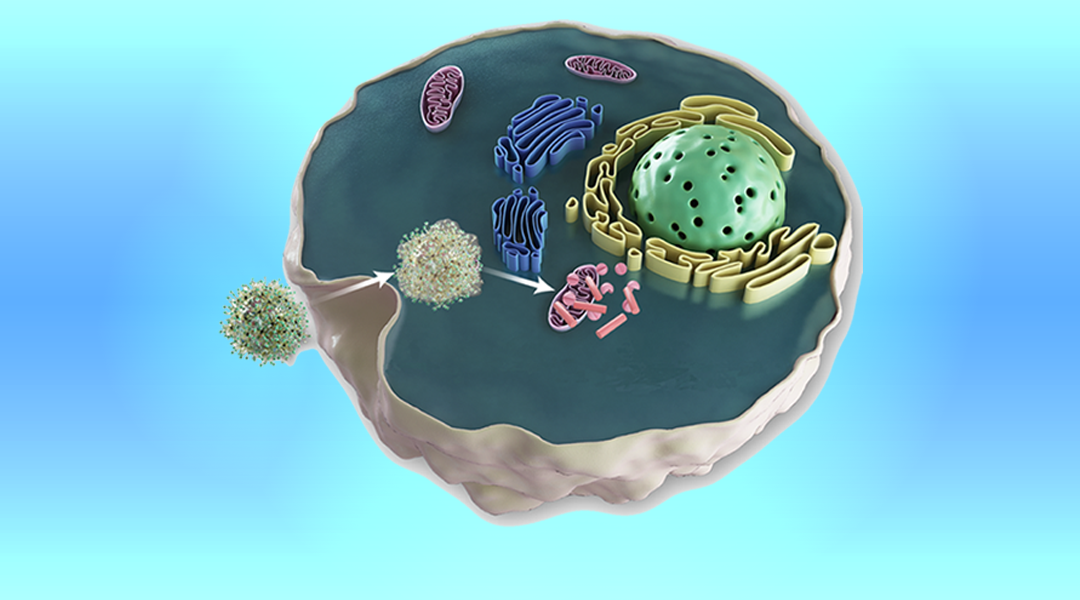Globally, cancer impacts the health of millions of people each year. In 2012, 8.2 million deaths were attributed to cancer. In the same year, 14.1 million new cases were diagnosed and 32.6 million people were living with cancer (within 5 years of diagnosis).1
Anticancer therapies to treat cancer are continually being developed. Chemotherapy is the standard that is currently used in the clinic, but the effectiveness of any single anticancer drug has its limitations. These limitations include drug resistance of the cancer, low accumulation of the drug at the tumor site, and adverse effects in healthy tissue.
To minimize the drug resistance, non-cross-resistant anticancer agents are combined. Commonly, doxorubicin (DOX) is used in combination with platinum-based drugs to enhance tumor response to treatment.
Platinum-based drugs and DOX inhibit cancer growth by two different pathways, providing independent pathways for targeting. These agents used in combination can achieve a synergistic therapeutic effect, which can lead to reduce drug resistance and minimize side effects.
Researchers continue to develop new materials, agents and drugs in the fight to combat cancer, to provide better and more efficient strategies for the battle. Functional nanomaterials are increasingly engineered to provide promising strategies for cancer treatment. These nanomaterials should possess high therapeutic efficiency and minimal side effects.
To this purpose, researchers from China and the USA developed a novel platform for cancer therapy. The first author of their manuscript, Dr Yunlu Dai, states that this research developed a chemotherapy platform, “based on a biocompatible, metal–polyphenol networks (MPNs) self-assembly process by encapsulating DOX and platinum prodrugs in nanoparticles.”
1 World Health Organization: International Agency for Research on Cancer, Cancer Fact Sheets: All Cancers Excluding Non-Melanoma Skin

















